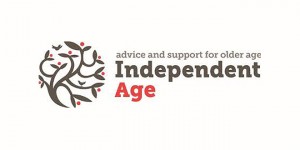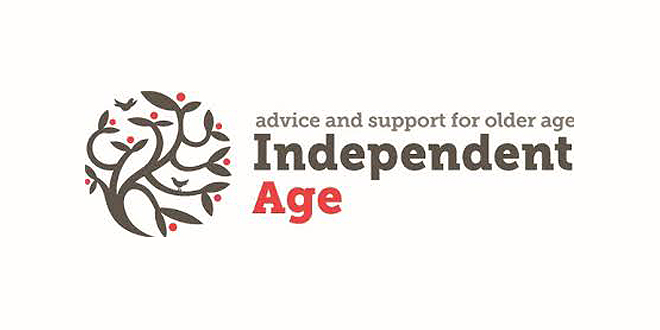New Initiative To Help Health And Care Professionals Support Lonely Older People Is Launched By Older People’s Charity
 A new initiative to help identify more older people who are lonely has been launched by Independent Age, the older people’s charity. The charity wants to encourage professionals working in health and social care to refer older people, with their consent, to Independent Age’s Friendship services, which are designed to help reduce feelings of loneliness.
A new initiative to help identify more older people who are lonely has been launched by Independent Age, the older people’s charity. The charity wants to encourage professionals working in health and social care to refer older people, with their consent, to Independent Age’s Friendship services, which are designed to help reduce feelings of loneliness.
The charity’s Friendship services consist of a regular friendly social chat, over the phone in all areas of the UK or face to face visits in some areas of England, Scotland and Wales. Services are delivered by trained volunteers.
A poll of UK GPs found three quarters of doctors (76%) reported that between one and five patients a day attended their surgery primarily because they were lonely. The research suggested as many as one in 10 patients visited their GP mainly because they were lonely.[1] This means that doctors and other health and care professionals are in a unique position to help identify older people who may be experiencing feelings of loneliness but don’t know where to go for help.
Lucy Harmer, Director of Services at Independent Age, says, “Research has shown that older people often find it difficult to admit they’re lonely, especially to family and friends, because they fear being judged by others. However, they’re very likely to listen to an independent, trusted person for advice on where to get support. Often proactive advice from a professional will help older people build confidence and feel more self-empowered, as they may have recognised that they’re lonely, but didn’t know where to turn for help and didn’t want to be a burden by asking. They may not have realised how widespread loneliness is and that there is support available.”
One in five older people in the UK are in contact with friends, family and neighbours less than once a week, while for one in 10, it’s less than once a month.[2] In addition to this, around 40% of older people[3] say the television is their main form of company.
Lucy Harmer continues, “We want to help as many older people as possible to get the support they need, so referrals from health and social care professionals are invaluable. Having a volunteer for a regular telephone call or meeting up for a cup of tea and a chat can provide vital companionship for older people who are lonely, enabling them to feel more connected to their local community. Many of the older people we help have told us that it can make a huge difference to their wellbeing if they have a call or visit to look forward to each week or fortnight. Chronic loneliness can be really damaging to a person’s health, so, ultimately, we hope to help make loneliness a thing of the past.”
Over the coming months, the charity will be targeting health and social care professionals who come into direct contact with older people to encourage them to refer anyone they think would benefit from Friendship services, in a bid to reach as many older people as possible.
Professionals who would like to make a referral to Independent Age’s Friendship services can do so by calling 0800 319 6789. Further information is available at independentage.org/referrals, which includes information about how to recognise whether someone would benefit from the services.
[1] ComRes poll for CtEL, November 2013 (on CtEL website, October 2016) Link
[2] Loneliness amongst older people and the impact of family connections, WRVS, December 2012
[3] CtEL website, Loneliness research section, accessed April 2016






